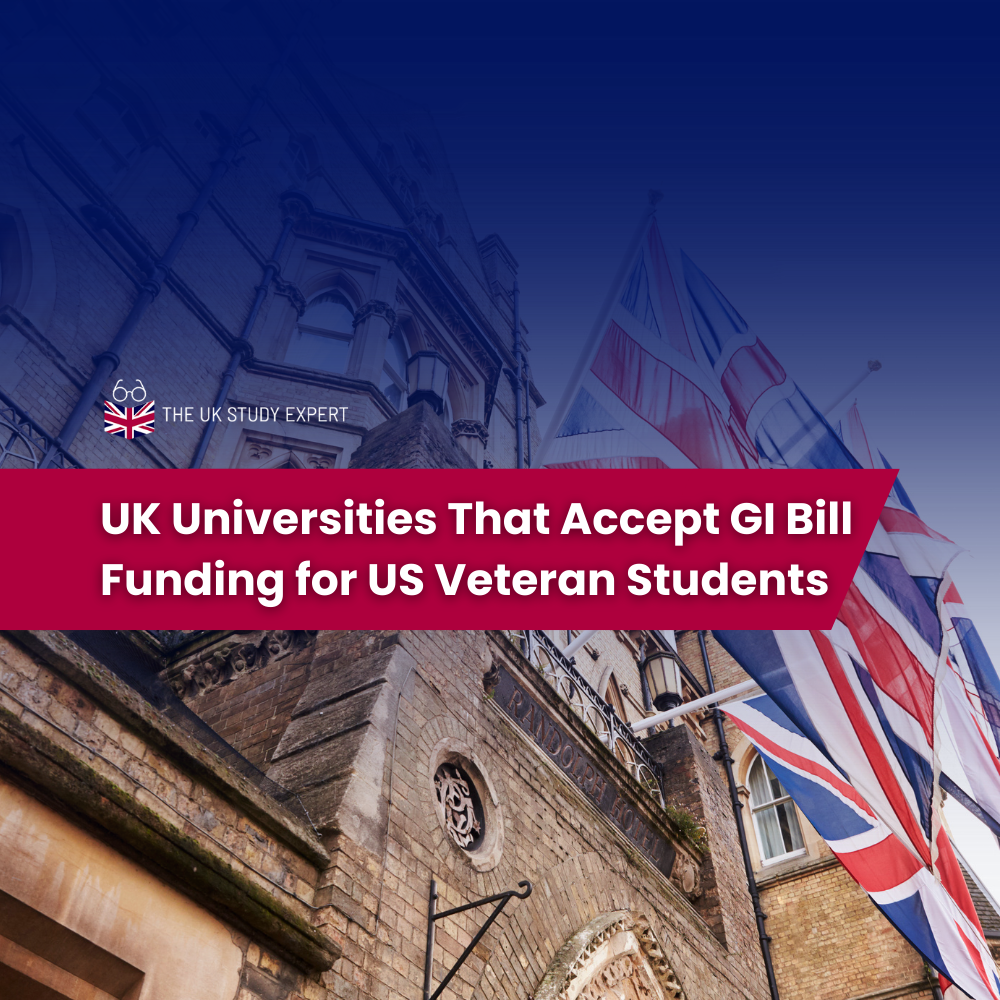In recent years, the use of artificial intelligence (AI) in various fields has become increasingly prevalent. One area where AI has made significant strides is in education, particularly in assisting students with the university application process. UCAS, which stands for the Universities and Colleges Admissions Service in the United Kingdom, serves as the cornerstone in the UK application process, facilitating the submission of applications to all universities. But does UCAS recommend using AI, specifically ChatGPT, in crafting your personal statement (aka UK college essay)?
The Role of the Personal Statement
Before diving into the use of AI in personal statements (aka college essay), let’s understand the significance of this component in the university application process. Your personal statement is a vital part of your UCAS application. It’s a unique opportunity for you to showcase your personality, interests, achievements, and, most importantly, why you’re a suitable candidate for the course you’re applying to.
What is ChatGPT?
ChatGPT is an AI language model developed by OpenAI, designed to understand and generate human-like text responses. It’s based on a powerful language model that has been trained on a diverse range of text from the internet. ChatGPT can assist with various writing tasks, making it an attractive tool for students crafting their personal statements.
UCAS’s Perspective
UCAS recently featured an article discussing the use of ChatGPT, shedding light on the delicate balance involved. In their publication, UCAS underscores the potential pitfalls of generating your personal statement through AI tools like ChatGPT, followed by copying, pasting, and presenting it as your own work – a practice that universities and colleges may view as a form of academic dishonesty.
To maintain the integrity of the application process, UCAS has established a Verification Team tasked with conducting thorough checks to identify fraudulent applications and uncover similarities in personal statements. If UCAS’s anti-plagiarism software detects segments within a personal statement that bear resemblance to others, it may trigger notifications to the relevant universities or colleges.
While UCAS places significant emphasis on the importance of authenticity and originality in a student’s personal statement, it also acknowledges the potential value of AI tools like ChatGPT when used thoughtfully. Here are some key takeaways that UCAs recommends to consider:
1. Authenticity Matters:
-
UCAS advises against using templates or copying from samples found online. Your personal statement should reflect your unique experiences and aspirations.
2. Avoid Plagiarism:
-
Plagiarism, whether intentional or unintentional, can have severe consequences. UCAS and universities take plagiarism seriously, so it’s crucial to write your personal statement in your own words.
3. Seek Feedback:
-
UCAS encourages applicants to seek feedback from teachers, family, or friends to ensure their personal statement is well-structured and effectively conveys their message.
Using ChatGPT Wisely
While UCAS doesn’t explicitly recommend or discourage the use of AI tools like ChatGPT, they have provided guidelines where students can use AI if they approach with caution:
1. Use ChatGPT as a Writing Aid:
-
ChatGPT can be a valuable tool for generating ideas, improving sentence structure, or refining grammar. However, it should complement your own writing efforts rather than replace them.
2. Ensure Originality:
-
Remember that your personal statement should be a true reflection of yourself. AI tools can assist, but the content should be genuinely yours.
3. Review and Edit:
-
AI-generated text may not always perfectly align with your personal experiences and aspirations. Be sure to review and edit any AI-generated content to make it more personalized.
In Conclusion
While UCAS doesn’t explicitly endorse or discourage the use of AI tools like ChatGPT in personal statements, it’s crucial to prioritize authenticity and originality in your application. AI can be a valuable aid in the writing process, but it should never overshadow your unique voice and experiences. Use AI tools wisely, seek feedback, and craft a personal statement that truly represents you as an applicant.
In the end, your personal statement is your chance to shine, and universities are looking for authentic, passionate individuals who will contribute positively to their academic community. Use ChatGPT and other AI tools to enhance your writing, but let your own voice and story take center stage in your UCAS application.
How The UK Study Expert Search Tool and Quiz Can Help You
Lucky for you, the UK Study Expert has taken the guesswork out of figuring out what each university requires with our handy dandy search tool. Or you can find your best university by taking our free UK University Quiz Match.
Need to speak to an advisor about studying in the UK? Check our Services webpage to see what the best available options are for your needs.









